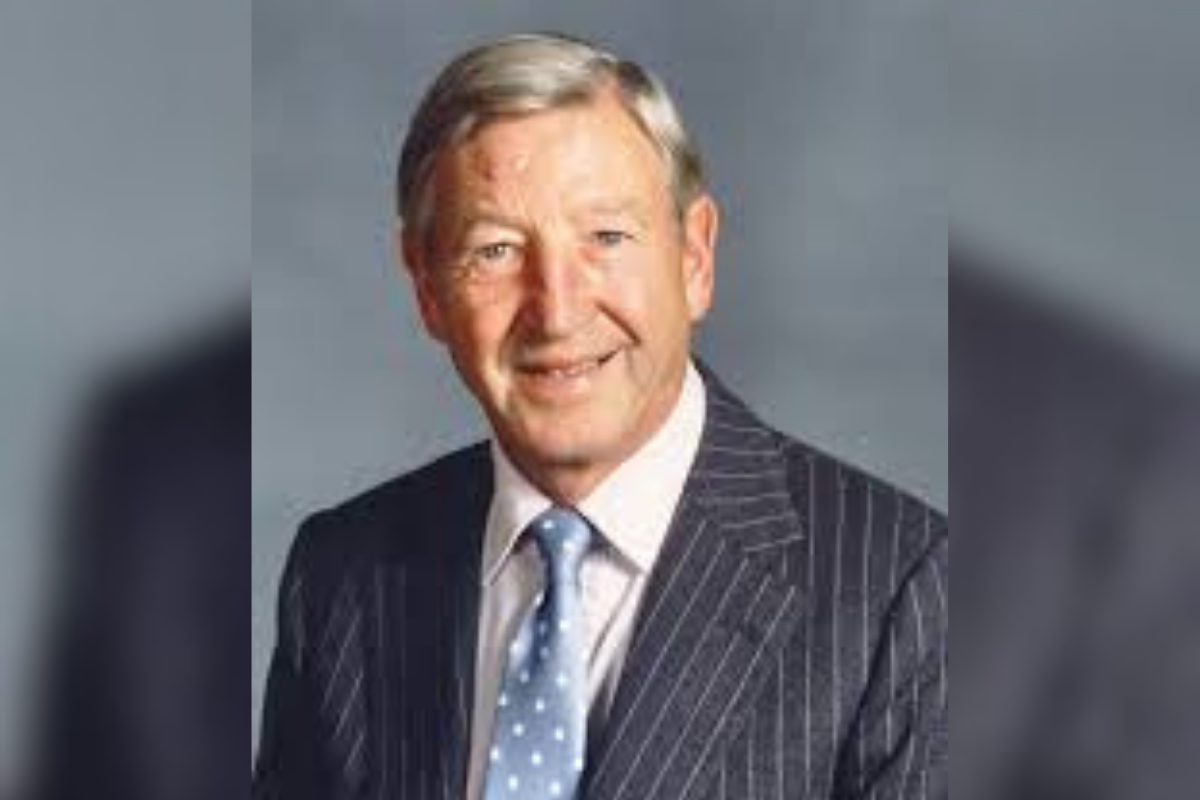Kaliyah Coa: A Bright Light Extinguished Too Soon

The Metropolitan Police have confirmed the heartbreaking news that the body recovered from the River Thames on April 13 is that of 11-year-old Kaliyah Coa, who had been missing since March 31. Kaliyah was last seen entering the water near Barge House Causeway during a school inset day, prompting an extensive search operation involving multiple emergency services. Despite their efforts, the search concluded with the discovery of Kaliyah's body in Maritime Quay, marking a tragic end to the hopes of her family and the community.
Kaliyah's family has expressed their profound grief and gratitude towards those involved in the search efforts. In a poignant statement, they shared, 'Our hearts are broken and our lives will never be the same. We were blessed to have Kaliyah, even if it was for such a short time.' The family's request for privacy during this difficult period has been echoed by authorities, who have also cautioned against speculation regarding the circumstances of Kaliyah's death.
The mayor of Newham, Rokhsana Fiaz, paid tribute to Kaliyah, describing her as 'a popular pupil who shone bright.' The loss has deeply affected the local school community, where Kaliyah was known for her vibrant presence. The mayor's statement highlighted the collective sorrow of the community and extended condolences to Kaliyah's family, acknowledging the unimaginable pain they are enduring.
An inquest into Kaliyah's death is set to begin on May 2, as the community and her loved ones seek answers and closure. Detective Superintendent Scott Ware, leading the investigation, emphasized the tragedy of losing 'a little girl who was loved by many' and assured continued support for Kaliyah's family. The incident has left a void in the hearts of those who knew Kaliyah, as they remember her as a child whose life was tragically cut short.



